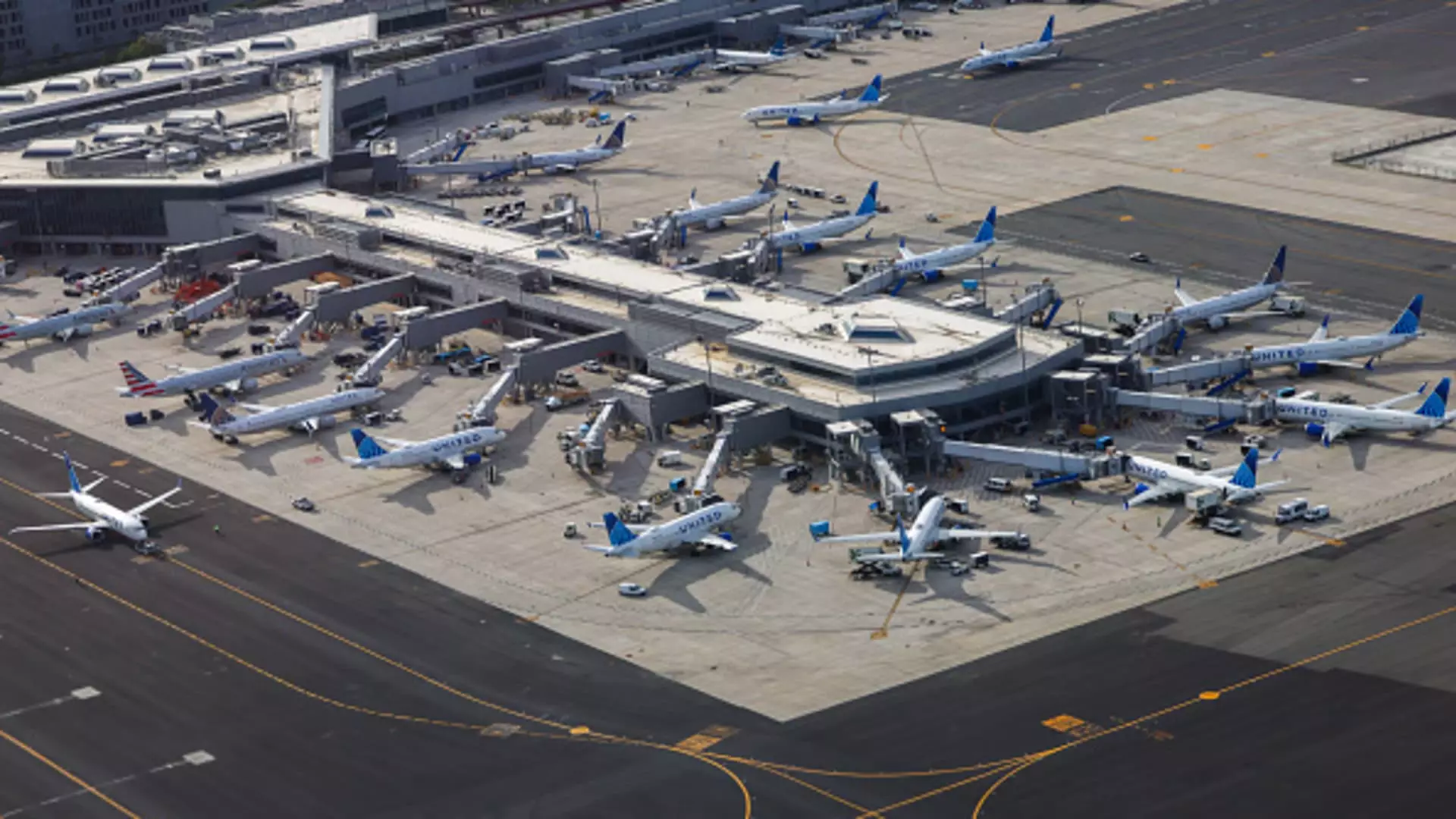The response of major airlines and industry trade association to the new Department of Transportation rule requiring earlier disclosure of add-on fees during flight booking has been met with criticism. The challengers, which include trade group Airlines for America, as well as Alaska, American, Delta, Hawaiian, JetBlue, and United airlines, argue that the DOT exceeded its legal authority in implementing the rule. They claim that the rule is not only “arbitrary” and “capricious,” but also constitutes an “abuse of discretion.”
The petition for review was lodged in the U.S. Fifth Circuit Court of Appeals, questioning the validity of the rule introduced by the Biden administration in September 2022. The rule mandates that airlines and online travel agencies disclose fees for additional services upfront, such as seat selection and checked baggage, rather than adding them at checkout based on the customer’s selections. This move, according to the challengers, could potentially disrupt the current marketplace and consumer purchasing process.
In response to the new rule, Airlines for America expressed concerns about consumer confusion and the added complexity it brings to the ticket purchasing process. The group contended that airlines already provide transparent fee disclosure prior to ticket purchase, making the DOT’s intervention unwarranted and beyond its jurisdiction. By attempting to regulate private business operations in a competitive market, the DOT risks impeding the efficiency and flexibility that airlines currently offer to consumers.
Impact on Price Comparison
President Joe Biden emphasized the importance of transparent pricing for consumers, stating that travelers should be aware of the full cost of their tickets while comparing options. However, the industry’s pushback against the rule suggests that the implications of early fee disclosure may not align with the intended goal of empowering consumers. Instead, airlines argue that the rule could hinder their ability to offer competitive pricing and tailored services to meet the diverse needs of travelers.
The critique of the Department of Transportation’s new rule on airline fee disclosure raises important questions about the balance between regulatory oversight and industry autonomy. While transparency in pricing is crucial for consumer decision-making, it is equally vital to consider the potential unintended consequences of regulatory intervention in a complex and dynamic market.irlines’ concerns about consumer confusion and marketplace disruption warrant a closer examination of the rule’s impact on industry practices and consumer welfare.


Leave a Reply